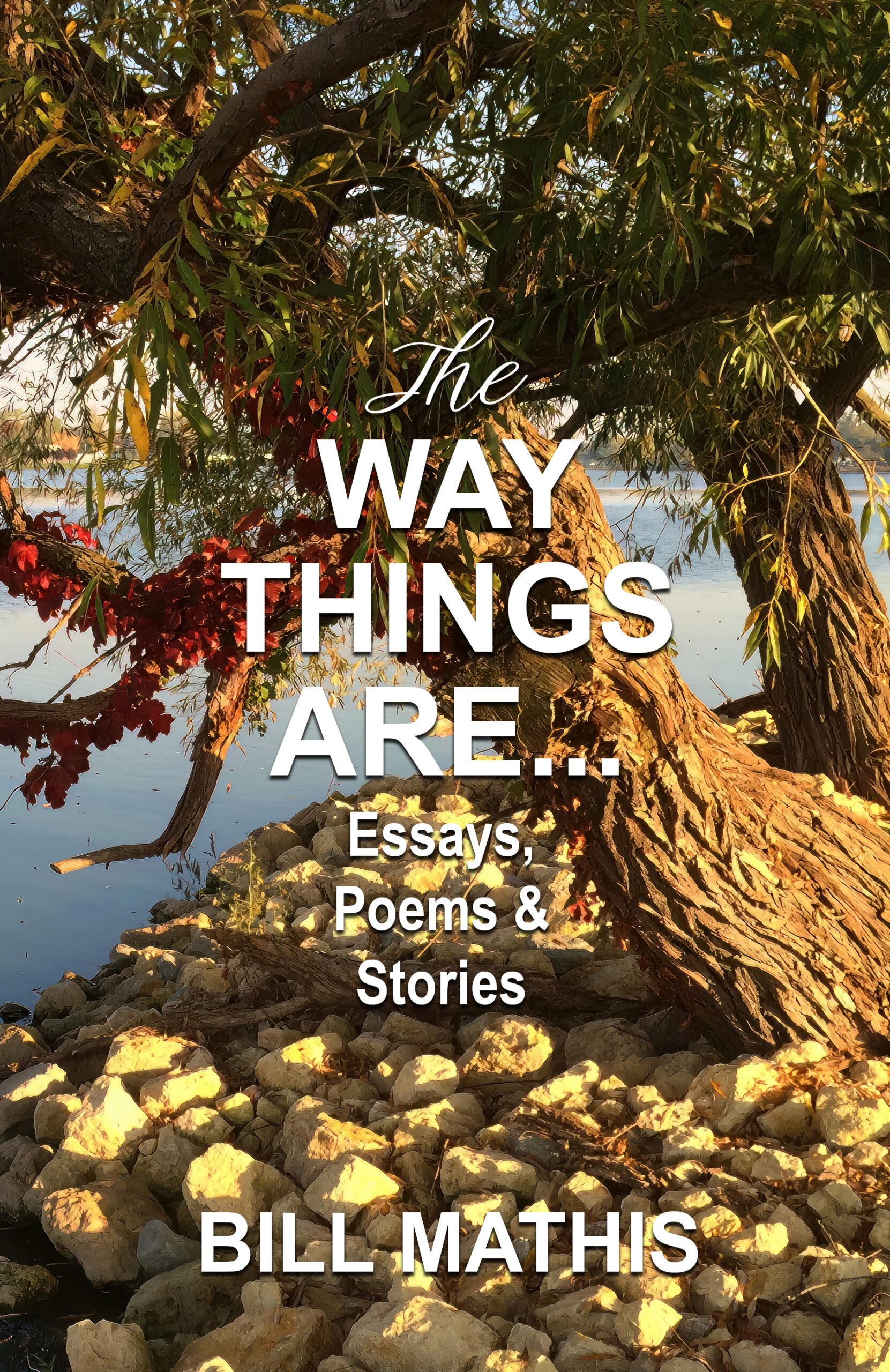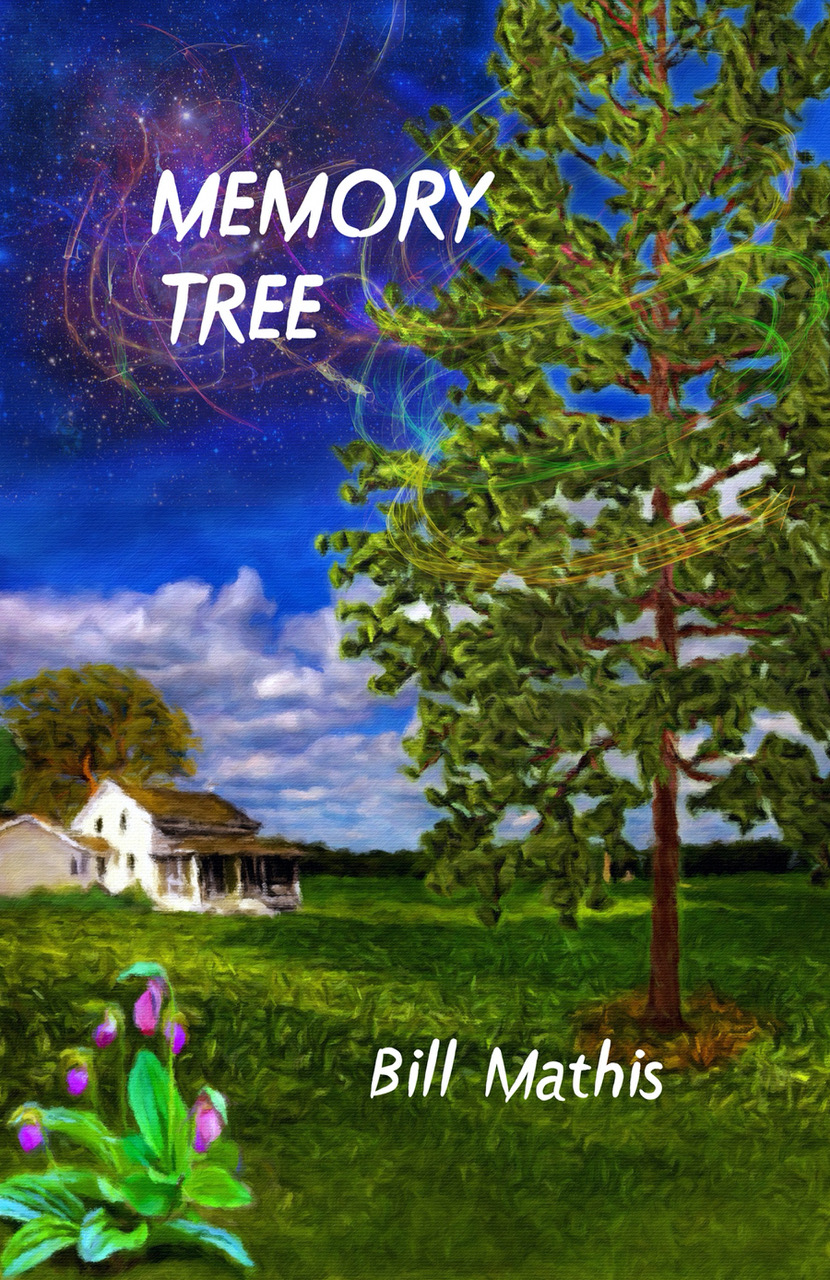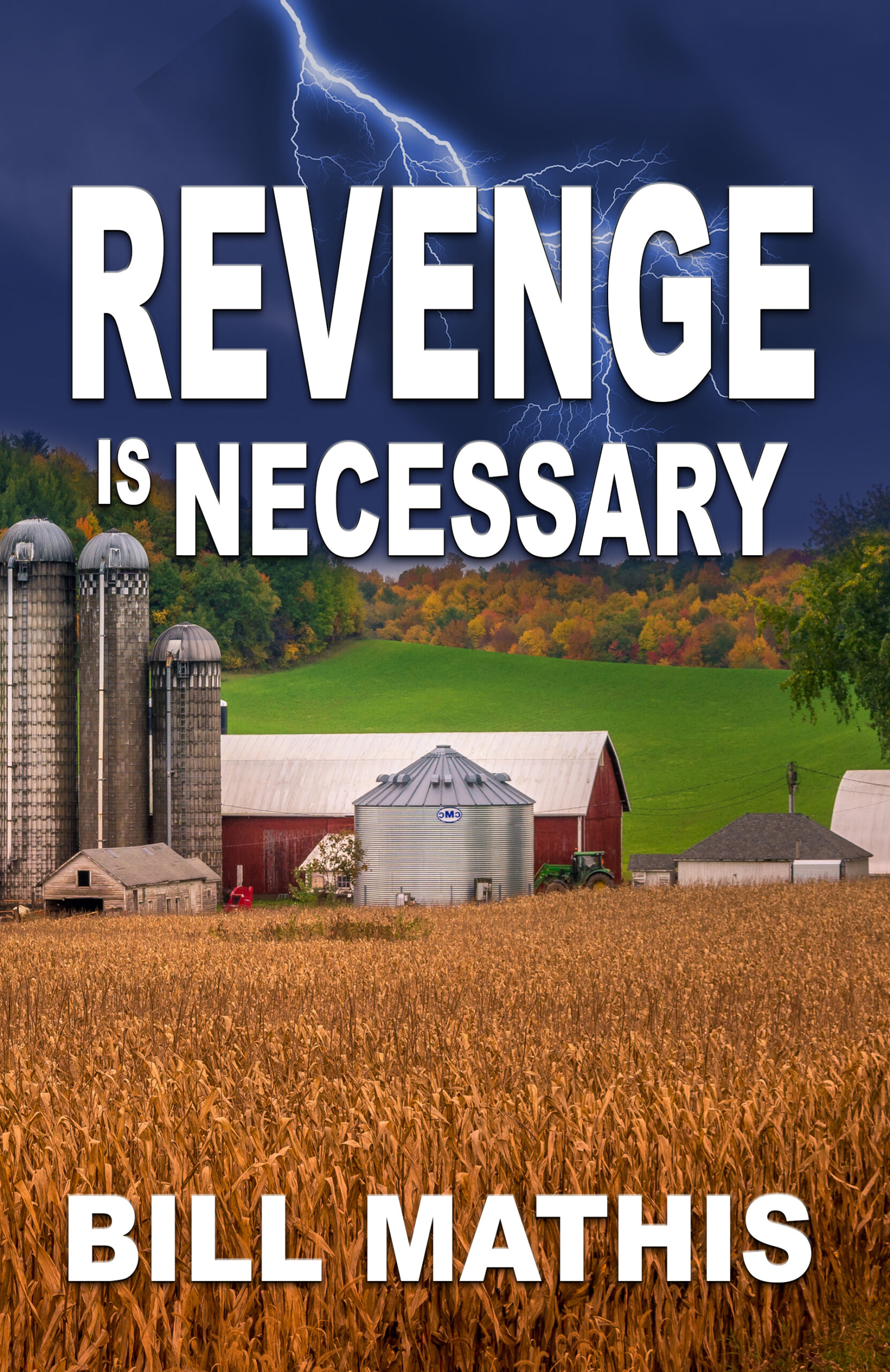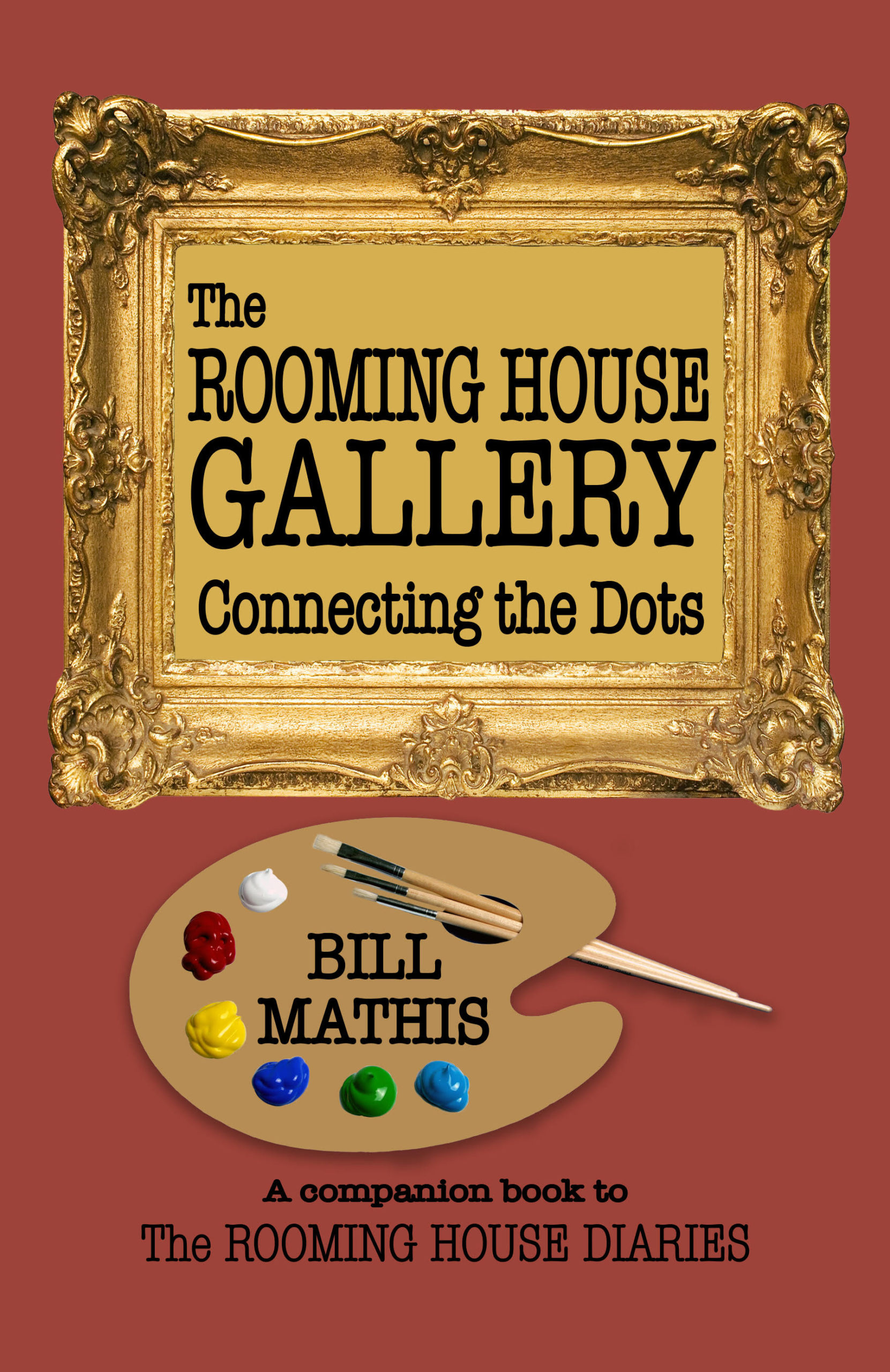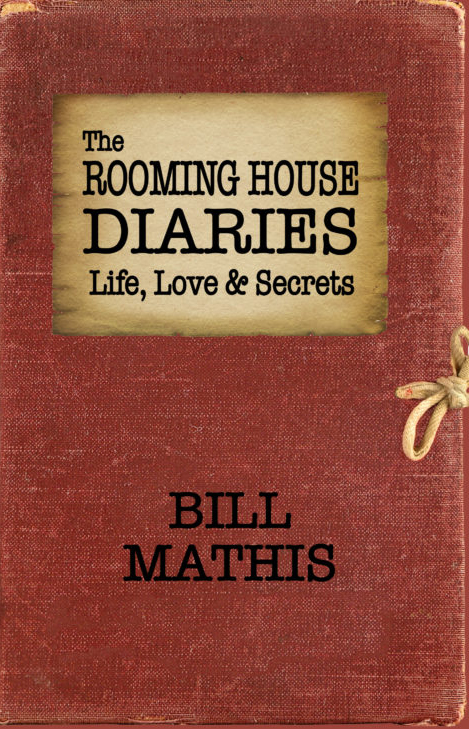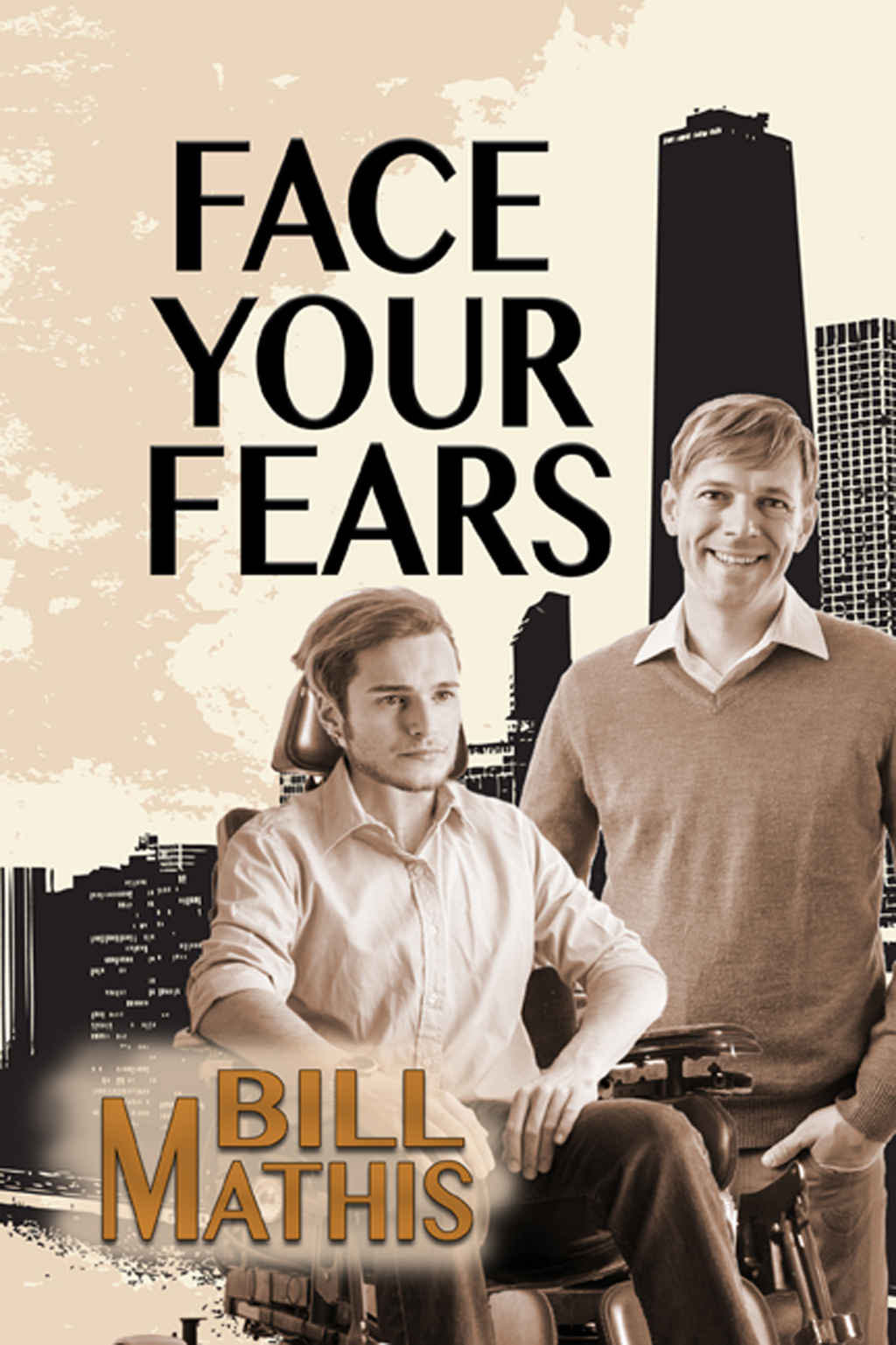Another excerpt from Face Your Fears.
Nate is now a 5thyear senior at the University of Illinois-Champaign majoring in Psychology and beer. He is spending the Thanksgiving weekend at the long-time foster home of Tevin, one of his aides and friends from school. Nate paints and draws by holding the brush or pencil in his mouth.
“He’s an artist, too. That’s what Tevin said. He told me he snuck your easel along just in case.”
Sarah, (age 19, mother of a 9 month old baby) hurries to the closet and brings back my easel and portfolio cases containing my pads, brushes, paints and several of my sketches. I didn’t realize he brought them, then remember him running back into my room just before we left. The sneak.
“Can you help me draw?” Sarah’s voice is plaintive. Glancing at Hilina, she quickly adds, “When I’m done with my chores.”
Later, I tell Sarah how to set up my easel and mount my brush and pencil holder and paints. I show her how to start drawing with circles and lines to form figures. She catches on quickly. Theo brings in a small cork board, tacks construction paper to it, and places it on a nearby dining chair along with Marshawn’s (age 5) crayons and pencils. Not surprisingly, he proves to be an exuberant student who shows promise in abstracts.
After lunch, I show several of my works to Sarah and explain how emotion played a role in what I painted. We move onto acrylics. Following some demonstration and preparation of a basic palette for her, I encourage her to go off by herself to paint.
Hilina has kept an eye on the baby all day. Sarah seems relieved, yet somewhat guilty at the same time.
Before dinner, Sarah helps clean up and pack my art supplies. She won’t show me the pieces she worked on. After dinner of turkey noodle soup, salad and warm bread, we watch a movie. Everyone is tired and ready to go to bed early. Theo pulls the bed out, gets me ready and in it.
I’m thinking about the day, about the baby, about Sarah, when all at once, she climbs into my bed and sits next to me, leaning against the back of the couch. She has several pages of her art. She doesn’t speak as she holds them up for me to view. I’m surprised at how well she has done. I make encouraging comments. I pause in awe at the last one.
“These are all wonderful, you definitely have talent and aptitude, but can you tell me what you were thinking or feeling when you painted this last one?”
“I’m not sure I can,” she whispers. “First, I was crying, then by the end, I felt better. Then I felt bad again.”
I ask her to get my head pointer out of my chair. I point to the dark area in the lower left hand side of the picture. “Is this where you were upset, crying, frustrated, and maybe angry?”
She nods. “Are you comfortable telling me about it?”
She wiggles closer to me, till her hip touches my shoulder, as if she needs a physical connection, a touch. “I didn’t want a baby. I didn’t even want to have sex, but my girlfriends kept telling me to get it over with. That I shouldn’t be a virgin when I started college. I’d never dated much, wasn’t even sure I liked boys.”
I crane my head to look up at her.
She leans forward so our eyes connect easier. “So, I gave some pot to a boy I went to school with, a nerdy kid, and told him I wanted to have sex with him. He was thrilled, he’d never dated, especially a popular rich girl like me. It hurt a little, and he was so excited he barely made it all the way in me. I kind of checked it off my list and didn’t think much of it. He said he had a condom. I didn’t know he forgot to put it on. A month or two later, I felt sick, finally my mom took me to the doctor and she told us I was pregnant. It was horrible.”
Tears drip down her cheeks, running her dark mascara, a couple drip onto my cheek. She sniffles and wipes them off me with her fingers. “My parents’ major focus is making money, looking good and impressing others. I was a trophy child until I hit puberty and wanted to think on my own. I loved art and music and being different. They made me take college prep and business-related classes in high school. Nothing frivolous. Getting pregnant ruined their image of being perfect parents.”
She jumps out of the bed, finds some Kleenex, and crawls back in, this time lying on her side so she can face me. “They’re Catholic and refused to consider an abortion, which I felt was too late by then anyway. I ran away, couch-surfed till my friends got tired of me and I realized they were never true friends anyway. I tried several shelters. Finally, DCFS opened a file on me and did an investigation. My parents refused to take me back so I ended up in foster care. Theo and Hilina have been wonderful, they’re very patient with me.”
“So, that’s the dark part of your picture.”
She interrupts me. “That part is also about guilt. Of getting pregnant and not wanting to be a mother.”
We’re quiet. When her sniffles subside, I ask, “What’s this light area in the middle? It seems incomplete compared to the sunny colors above it.”
“It is. I wanted to draw a bridge but couldn’t see how.”
“So what’s the upper part mean?”
Sarah cries harder. “Finally, I let myself think about how happy I could be. But when I thought about that, I got all sad and guilty again. It’s like a vicious cycle.” She starts to sob, hard enough I worry about her waking Theo and Hilina.
I turn my head and tap her cheek with my stick. I hope she realizes that’s me patting her.
She must because she takes a big breath. “I think I would be happiest if I wasn’t a mother. I love Ricki, but she feels like an anchor. That sounds so selfish and I feel so guilty about it. That’s why I couldn’t fill in that blank space. I don’t know how to get from here to there.”
“How much have you cared for the baby in the last twenty-four hours?” I pause, then add, “I’m not being judgmental.”
“I haven’t, barely at all.” She sniffles again. “I’ve let everyone else do it. It’s like I gave up. I’m such a bad person.”
“Actually, maybe your inner self has already figured out the baby will be safe and well cared for without you being her full-time mother. Have you thought about that?”
She shakes her head, but I see recognition on her face.
I go on. “I think you know what the bridge is. It’s letting go of what you think others think about you, about being a proper parent. Maybe your bridge is realizing other people, adoptive parents, can provide Ricki what she needs as a parent. The good news is, you can still be a part of her life.”
“Everyone keeps telling me that, but I think I understand it better now after I’ve painted it.” She pulls my head stick off, kisses my cheek, gathers the paintings and tiptoes to her room.
I wait till her door is closed to cry. Not even sure I know why. Am I crying because of Sarah’s and Ricki’s lives, about the twins, about little Marshawn wanting a forever home? About feeling like I finally did something to help others, instead of everyone else always helping me? Something happened inside me that has filled a hole I couldn’t identify. Still not sure I can, except I feel like I’m headed in the right direction.

